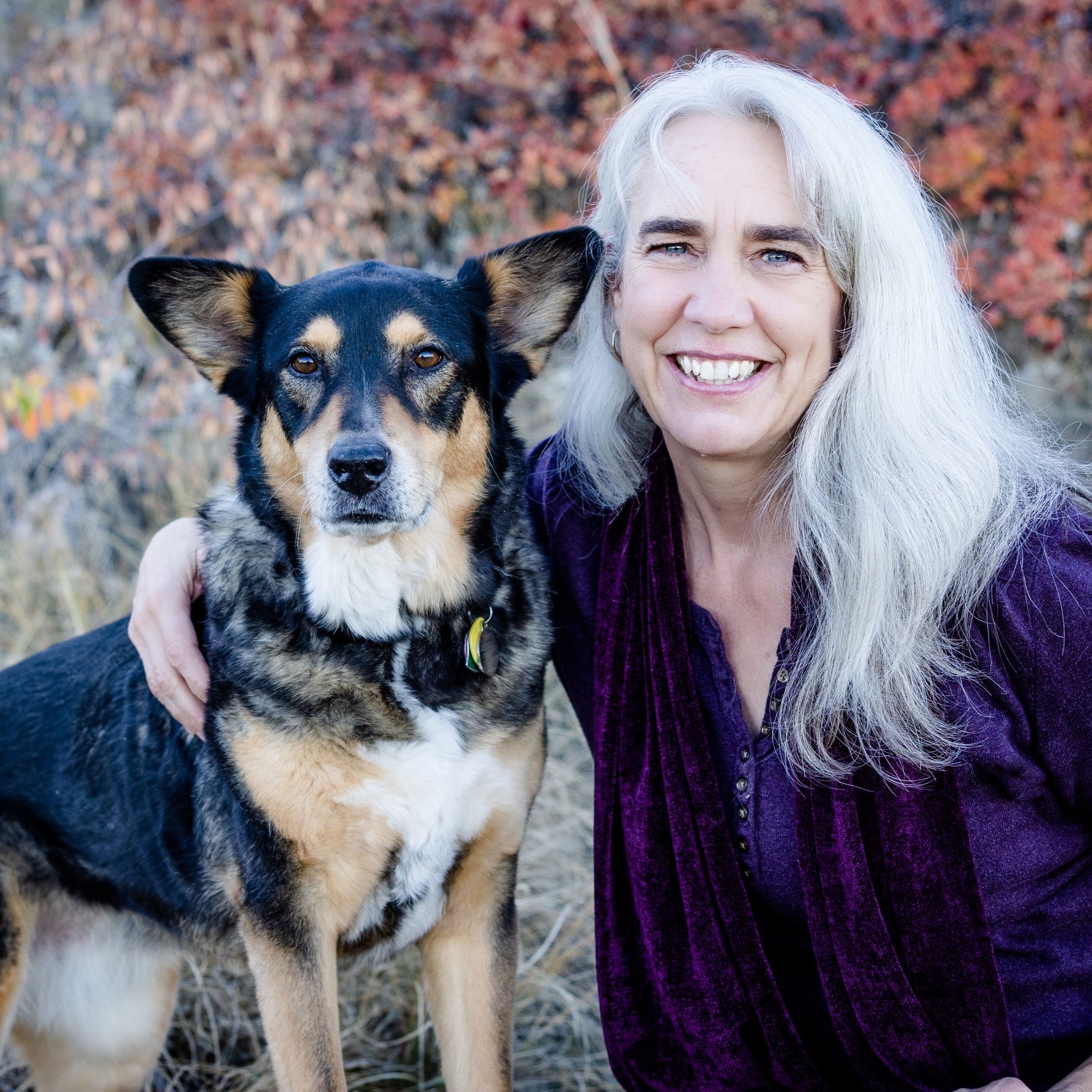How Do We Mourn A Whole Pandemic?
/We have video funerals, like we have video conferences, and video doctor visits. We’re starting to gather, in some cases, with 6 feet between a handful of local mourners. It doesn’t feel like enough to me. Even the most satisfying funeral for a single COVID death isn’t the place to address the connection between all the deaths, and all the mourners. All the common threads among the lives that will never be the same after this pandemic. I feel a need for an additional way to mourn that acknowledges the global community of mourners, and honors the collective nature of our losses. One that enables mutual support among mourners who perhaps have different losses that are all part of the larger phenomenon.
Read More




















